
They speak the same language, share a similar culture and once belonged to a single nation. When the Korean War ended in 1953, ten million families were torn apart. By the early 90s, as the rest of the world celebrated the end of the Cold War, Koreans remain separated between North and South, fearing the threat of mutual destruction. Beginning with one man’s journey to reunite with his sister in North Korea, filmmakers Takagi and Choy reveal the personal, social and political dimensions of one of the last divided nations on earth. The film was also the first US project to get permission to film in both South & North Korea.
You May Also Like
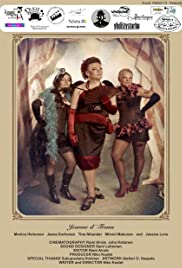
The candid adventures of a straight filmmaker in world of transvestites, trans-genders and other gender minorities. Documentary explores our traditional gender roles through the experiences of people who challenge them all. Interviews include various Burlesque – artists, female pastor and Europe’s only transsexual pro-wrestler who body-slams traditional gender roles in a profession, where the norms of gender are narrowly defined.
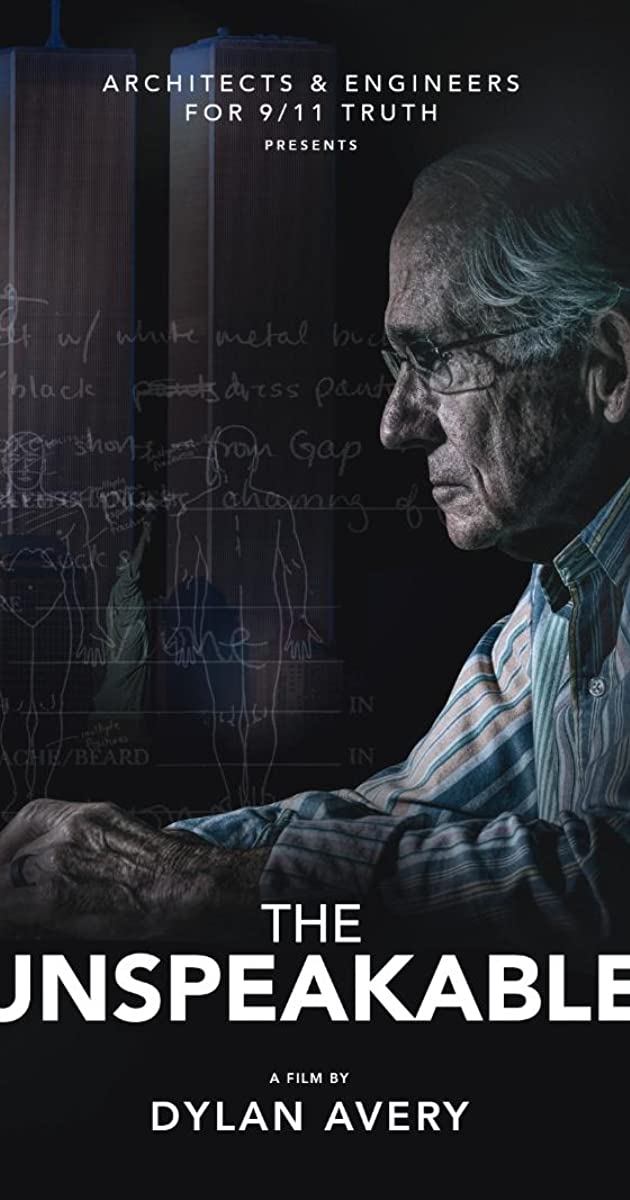
Their loved ones were murdered on 9/11. Twenty years later, they are still fighting for the truth.

Eyewitnesses across the globe describe encountering the same evil entity.
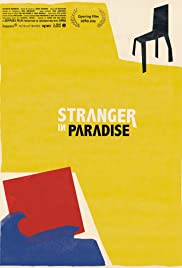
A political essay on the absurd dilemmas presented by asylum policies. In a classroom, migrants’ illusions are dashed against the rocks of European arrogance.
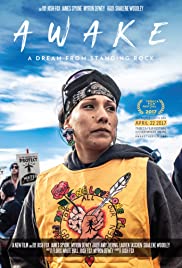
The Standing Rock Sioux Tribe in North Dakota captures world attention through their peaceful resistance against the U.S. government’s plan to construct an oil pipeline through their land.

In 2012, after nearly a decade apart, original Killswitch Engage vocalist Jesse Leach reunited with the band he helped start back in 1999. The critically acclaimed, Grammy-nominated 2013 effort Disarm The Descent ensued. The band were once again back in the studio and back on the road where they belong, eventually leading to the release of their 2016 follow-up album Incarnate. This documentary is an honest, raw look at the unique personalities behind a band who have made a name for themselves by never giving up or giving in. This is the untold story of Killswitch Engage.
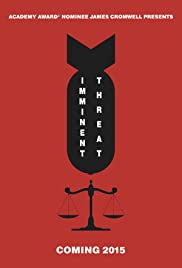
A look at the War on Terror and the threat it’s causing to our civil liberties and political discourse. Academy Award nominee James Cromwell presents Janek Ambros’ directorial debut. The feature doc tackles the War on Terror’s impact on civil liberties and the strange coalition it’s creating between the progressive left and libertarian right. The doc examines the NSA, drones, the war on journalism and other encroachments on civil liberties started by the Bush era and expanded by the Democratic establishment.

Director Martin Scorsese speaks candidly and passionately about one of his formative filmmaking influences: the late Elia Kazan. Utilizing precisely chosen clips from Kazan’s signature films including “On the Waterfront,” “A Streetcar Named Desire,” “Gentleman’s Agreement,” “Baby Doll,” “A Tree Grows in Brooklyn,” “A Face in the Crowd,” “America, America,” and “The Last Tycoon,” and interview footage of the director himself, co-directors Scorsese and Kent Jones recount the director’s tumultuous journey from the Group Theatre to the Hollywood A-list to the thicket of the blacklist. But most of all, they make a powerful case for Kazan as a profoundly personal artist working in a famously impersonal industry.
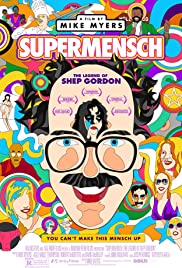
Supermensch documents the astounding career of Hollywood insider, the loveable Shep Gordon, who fell into music management by chance after moving to LA straight out of college, and befriending Janis Joplin, Jim Morrison and Jimi Hendrix. Shep managed rock stars such as Pink Floyd, Luther Vandross, Teddy Pendergrass and Alice Cooper, and later went on to manage chefs such as Emeril Lagasse, ushering in the era of celebrity chefs on television.
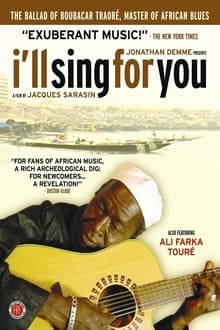
A profile of Boubacar Traore, “Mali’s Elvis Presley”, a love story told by a singer whose music takes us on a social, political and geographic voyage of Mali from 1960 to our days.


Between 1955 and 1995, over 70,000 West African children were fostered by white Britons, in a practice known as ‘farming’. Many individuals then had to live, often in silence, with the long-lasting impact of this controversial official policy. Nine of those raised this way were invited to a workshop retreat, under professional guidance, to discuss their experiences. Each take turns delving into their past, revealing the confusion and trauma of dealing with such change at a young age. For many, this marks the first time they have had the opportunity to connect with people who have shared a similar childhood. White Nanny Black Child presents a personal, moving and sometimes unsettling meditation on identity, belonging and the nature of family.